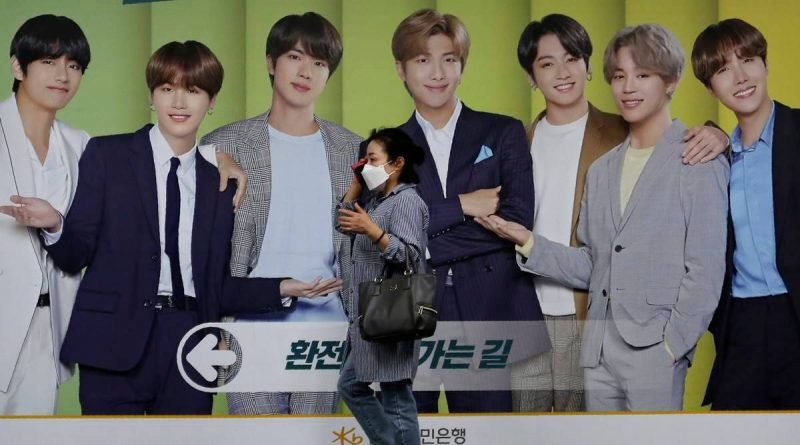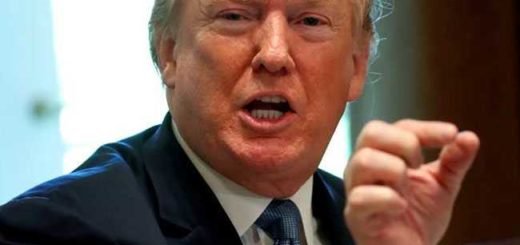K-Pop: How do soft powers brand a nation

Catchy-lyrics and dance routines might not be the central focus when it comes to foreign policy, but the expectation regarding the international influence of popular culture is undeniable when Ministry of Culture, Sports and Tourism in South Korea dedicates a team only for K-Pop. K-Pop is an abbreviation of Korean-Pop and it is a musical genre created and performed by only Koreans. K-Pop is a part of Korean Wave, which defined as, the success of Korean popular culture abroad. This new era in music revolutionized the influence of pop culture in Korea’s post-developmental society. Korean government acts very protective of their K-pop industry, same as how the American government treats its automobile and banking industry.
This special attention is exemplified by how Korean Ministry of Culture expanded the number of Korean Cultural Centers to 28 foreign cities by 2011, and “it has teamed up with the Federation of Korean Industries to form the Bureau of Culture Diplomacy that explicitly uses soft power to push Korean exports”. Since these investments, South Korea experienced enormous growth in its economy and saw a 17.9% increase in revenue growth concerning music market in 2018, and shifted from potential to power player. It is important to study the importance influence of soft powers regarding South Korea, and how the government’s investment changed the foreign policy of the future.

Korea’s Soft Power in International Relations
In order to understand this change in Korea’s foreign policy, we first need to highlight the study of “A Theory of Soft Power and Koreas Soft Power Strategy” by Geun Lee. Instead of defining the difference between soft powers and hard powers as coercive and co-optive as Nye did, Lee offers a new idea of soft powers being both coercive and co-optive. Lee additionally adds that soft powers have to be following specific soft power goals. They are for;
(1) improving the external security by projecting attractive images of a county,
(2) to mobilize other countries’ for foreign policies,
(3) to manipulate other countries’ thinking,
(4) to maintain unity within a community of countries, and
(5) finally to increase the approval ratings of a leader.
Nye and Kim add that Korean popular culture proved its attractiveness as a soft power across borders in particular among younger people (The Korean Wave: Korean Media Go Global. Chapter: “Soft powers and the Korean Wave”).

Goals of South Korea through K-Pop
Following Lee’s definition, there are two important foreign policy goals of South Korea through K-Pop. The first one is trade and economic goals. According to Lee, South Korea is taking advantage of the “Korean Wave” and targetting countries in East Asia. Korean government easily can spread the Korean ways of living, therefore, the consumers living in target countries naturally consume Korean culture, goods, and services. This is achieved by Korean celebrities and by deliberate attempts of the government to spread Korean brands and standards. For example, a survey by the Korea International Trade Association found that 80% of respondents said the Korean Wave led them to buy Korean Products. The mark of “made-in Korea” now is very valuable for global consumers. This is very much connected to Lee’s 2nd and 5th point of soft powers. Economical dominance always increases respect for the country and the power of the government’s leader.
The second is the political and security goals. According to Lee, the Korean Wave enhanced the security environment for Koreans living in foreign countries, and improved the image of Koreans as the Korean Wave advertised them as charming, warm and advanced. Koreans have better chances of penetrating foreign societies, and they are less discriminated. The Korean celebrities became very crucial soft resources for Korea, and are foretold to have an active political role serving Korea’s universal and regional interests. For example, North Korea and South Korea are technically still at war, however, a year ago K-Pop band called Red Velvet performed at Pyongyang. It was the first time that South Korean artists performed in North Korea in more than a decade and much to the surprise of the band, Kim Jong-un was in the audience. North Korean leader was seen clapping along to some songs and enjoying himself during the performance. This is really interesting progress and very much connected with Lee’s 1st, 3rd and 4th definition of soft powers.

There is an important lesson to be learned from South Korea’s strategy, and that is, however, how small or a middle power you are as a country, there is always a space to conquer in world dominance. Even though the Korean Wave is fairly recent, the impact of it in world politics and the influence in foreign policy is undeniable. An image of a country matters the most in world politics, and to be in the same platform as big powers is a great success for South Korea. The future of foreign policy has changed since soft powers proved itself to be a great influence both as a coercive manner and co-optive.


















